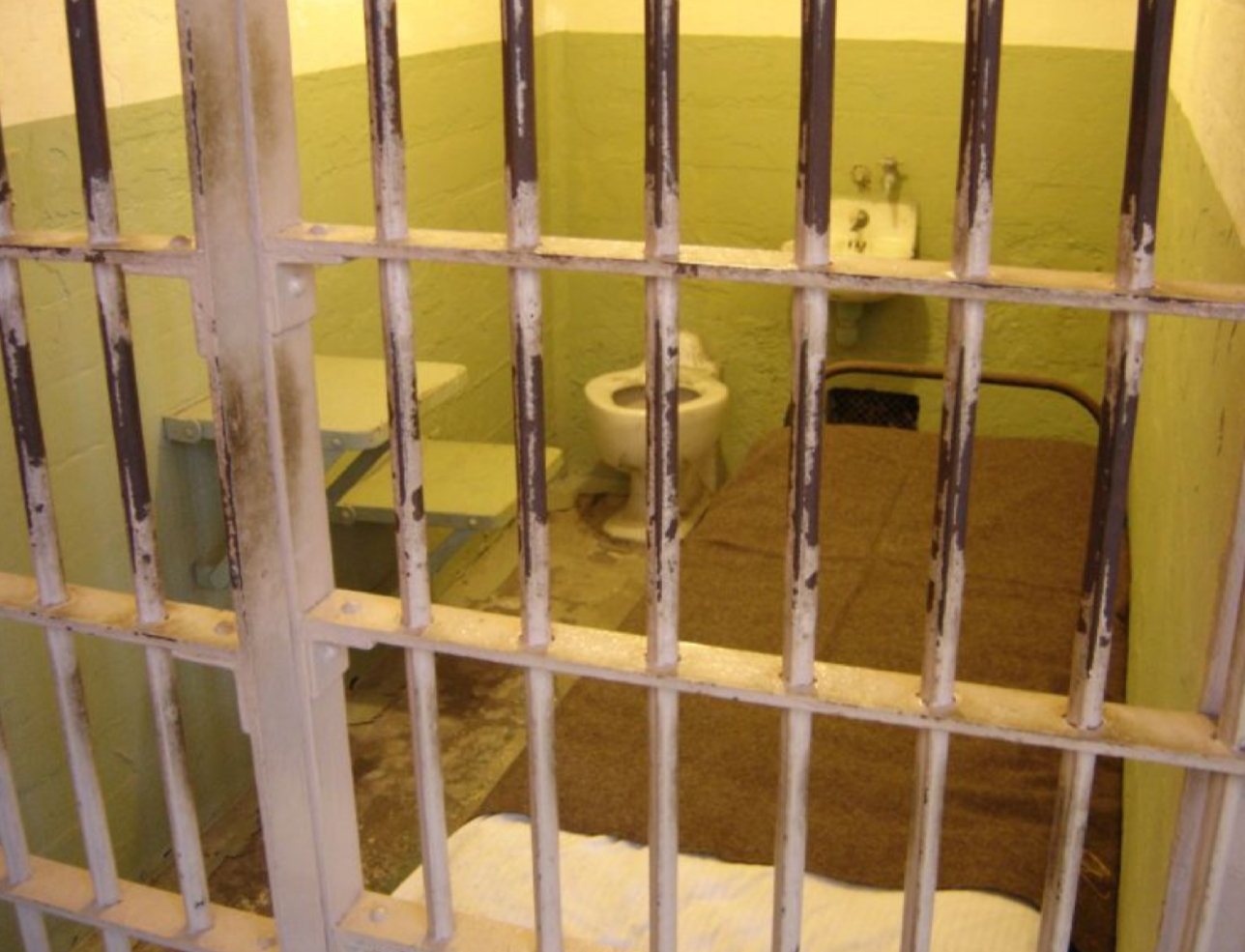Blog
Reformation & Restoration v. Restraint & Restriction
Are the Methods of our Correctional Institutes Working?
Although it has always plagued our communities, crime seems to be at an all time high. I'll be among the first to say that crime cannot and should not be tolerated. Those who commit crimes against others must be held accountable. Oftentimes, incarceration is the punishment meted out to societies offenders. The reality is that people who commit serious crimes go to prison, but most will eventually get out. The question is, are they better or worse after their release?
In the word penitentiary, we find the word penitent, i.e., sorry for having done wrong and willing to atone. With that, prison should be a place for not only punishment, but a place and time for reformation, restoration and reconciliation. An individual (offender) should begin to recognize their mistakes and errors as they begin the process of atonement. Unfortunately, these things are not priority in the 'correctional' facility. When an offender enters prison the first thing that he/she is met with are restraints and restrictions of various forms and degrees; from handcuffs, leg irons, solitary confinement, bars, locked doors and gates, electrical fences and more. Throughout the incarceration, these same restraints are present and being constantly upgraded and reinforced. The prison's number one goal/objective is keeping an offender incarcerated, restricted and restrained until their prison term is complete.
Reformation, rehabilitation, restoration is secondary at best. When a person should be directed and guided into therapy, counseling and education, they are guided/herded into cell blocks and other restrictive areas.
Security is a must, it's not my intention to minimize or discredit security, but this 'pre historic' approach to 'corrections' is far outdated and is simply not effective as evidenced by the recidivism rate. The mentality of 'lockem' up and throw away the key' fails to take into account that most offenders eventually get out! So the question is, do we want people returning to the communities with the same or worse mentality that led them to offend initially? Of course not, but those in leadership must come to this realization.
One reason that reform isn't a priority is due to an incompetent staff, as it relates to real corrections. In a vast majority of cases, staff is only concerned with restraining and restricting an offender's movement. Once they've accomplished that, they believe that their job is complete. They lack the education and training that would enable them to recognize that criminal behavior is only a manifestation of a greater spiritual or mental issue. And as long as the spiritual and mental cultivation and development of a person are ignored and/or neglected, the criminal behavior that we all hate will only continue to exist.
T. Sims is an inmate at the Cummins Unit located in Grady, AR.




